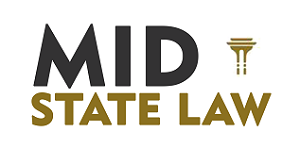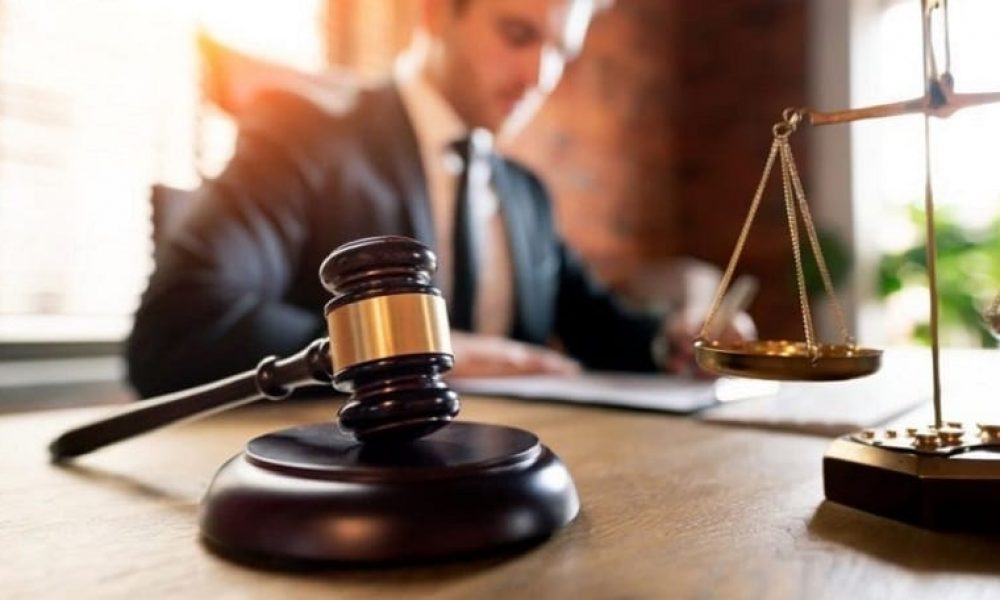In the complex realm of white-collar crime, the role of criminal defence lawyers is nothing short of pivotal. From navigating the intricate nuances of financial misconduct to untangling the web of legal intricacies, these legal professionals are entrusted with steering their clients from accusation to acquittal. This article explores the power wielded by a white collar crime lawyer and their critical role in safeguarding the rights and freedoms of individuals facing allegations of financial wrongdoing.
Understanding White-Collar Crime:
The crime encompasses a wide range of non-violent offences, typically committed by individuals in positions of trust and authority within organisations. These crimes often involve deceit, fraud, embezzlement, insider trading, or other forms of financial misconduct. Due to their complex nature, cases of crime demand a unique set of skills and expertise.
The Legal Virtuosos: White-Collar Criminal Lawyers:
Bringing Expertise to the Table
These lawyers are legal virtuosos well-versed in the intricacies of financial laws and regulations. They possess a deep understanding of financial systems, corporate governance, and the nuances of the financial sector, allowing them to dissect complex cases with precision. Their ability to navigate the labyrinth of financial records and legal statutes is unparalleled.
Building a Robust Defence
Navigating Legal Complexity
Criminal cases are laden with legal complexities, significantly different from others. These cases often involve multiple agencies, lengthy investigations, and extensive paper trails. Lawyers in this field are skilled at managing these complexities, ensuring their client’s rights are upheld throughout the legal process.
The Power of Negotiation:
Securing Favourable Plea Deals
These lawyers are adept negotiators. They can discuss with prosecutors to secure favourable plea deals for their clients. These deals may involve reduced charges, shorter sentences, or other concessions that can significantly benefit the accused. Negotiation skills can differ between a lengthy prison term and a more lenient outcome.
Shielding Reputation
Beyond the legal consequences, white-collar crimes can tarnish one’s reputation irreparably. Lawyers in this field understand the importance of reputation management and work to mitigate damage. They negotiate for reduced sentences and measures that can help rebuild their clients’ public image.
The Courtroom Battle:
Presenting a Compelling Case
In cases where a trial is inevitable, a white collar criminal lawyer shines in the courtroom. They employ their legal insight to present a compelling defence, often relying on finance, accounting, and forensic analysis experts to support their arguments. Their ability to communicate complex financial concepts to a jury is a skill that can make or break a case.
Challenging Evidence:
These lawyers are skilled at challenging evidence presented by the prosecution. They scrutinise the collection and handling of evidence to identify any procedural errors or violations of their client’s rights. This meticulous approach can lead to the exclusion of key evidence, weakening the prosecution’s case.
Conclusion:
In white-collar crime, the power of criminal defence lawyers cannot be overstated. These legal virtuosos bring their expertise, negotiation skills, and courtroom prowess to bear in safeguarding the rights and freedoms of those accused of financial misconduct. From building a robust defence to securing favourable outcomes, they play a pivotal role in guiding their clients from accusation to acquittal.
As one navigates the intricate world of white-collar crime, it becomes evident that the role of these lawyers is not just about legal representation; it is about preserving the dignity and future of those facing allegations. Their power lies not in coercion but in their ability to uphold the principles of justice and ensure that every accused receives a fair and just legal process, regardless of the complexity of the charges they face. In a society built on the foundation of the rule of law, these lawyers are the guardians of justice, working diligently to balance the scales in an often unbalanced arena.







